It seems like our country is burning down right in front of our faces. If not burning down, it is at least deeply divided and dripping with blood.
In the aftermath of this week’s breaking news about Alton Sterling and Philando Castile—black men being shot to death by white police officers—many black Americans are not only frustrated and angry but also afraid. They are afraid that “justice and equality for all” doesn’t apply to their sons. They are afraid to let their sons go outside at night for fear that a routine traffic stop could spell the end of their life. They are emotionally exhausted. They are black and tired.
At the same time, in the wake of other breaking news about five Dallas police officers killed in the line of duty—white officers shot to death by a black sniper—many law enforcement personnel are not only afraid, but angry. They are frustrated and hurt that some of the very citizens they seek to protect now treat them with suspicion or resentment. Law enforcement officers have to make split-second decisions and they do their best, they say, but it doesn’t always go as planned. If they’ve said it once, they’ve said it a hundred times. They are blue in the face.
Beneath all of this violence and all of this blood our country is reeling, trying to make sense of it. There are a number of different competing narratives, each of which interprets the facts in line with that narrative. Some of these interpretations place the blame primarily or entirely on blacks. Others place the blame primarily on whites or cops. Still others blame systems and cultures rather than individuals, per se.
In the midst of the bloodshed and competing interpretations, evangelicals are divided on what they should say and do. After all, evangelicals are divided. Some of them are black and tired. Others are blue in the face. Some blame the system. Others blame individuals. Given the diversity of experience, of culture, and of interpretive framework, is there anything evangelicals can agree upon?
Yes. In spite of the many differences we might have, there are a number of essentials upon which we can agree:
- We can weep with those who weep. Whenever we find a person of color grieving or angry or afraid for the life of a loved one, whenever we find the family member of an officer grieving or angry or afraid for the life of a loved one, we can listen to them, empathize with them, grieve with them.
- We can leave ourselves open to correction. When we weep with those who weep, we open up as human beings. We see things in a way we didn’t see them before. We have the opportunity to correct our misperceptions. This sort of humility seems to be in very short supply in America’s polarized and toxic public square, and it would be an ugly irony if we followers of Jesus (Jesus, who humbled himself for our sake) are not able to muster some humility.
- We can engage racial tension locally and personally. Instead of limiting our engagement of these issues to Facebook posts and Tweets, and instead of hoping that the national media outlets or politicians will help bring healing to our nation, we can find ways to being healing to the situation personally and locally. We can call a friend who is a law enforcement officer or a friend of color. When we encounter a person of color or an officer in public, we can find kind words to say, engage in conversation, and be willing to listen without offering judgment.
- We can refuse to be selective in our Bible reading. As Russell D. Moore notes, we should take into account the whole Bible, including its teaching on the sanctity of life (Mt 5:21-22), the sanctity of lives we might otherwise not deem worthy (Gen 4:1-10), the unity found in Christ (Rev 5: 9-10), bearing each other’s burdens (Gal 6:2), safety and order being trusted into the hands of the authorities (Rom 13:1-7), and being impartial when seeking justice (Prov 17:15).
- We can pray to the only One who can truly empathize. As Brian Davis points out, Jesus knows about suffering (1 Pet 3:18), justice (Jn 5:30), racial tension (Lk 10:30-37), wrongful treatment (1 Pet 2:21-24), surprise tragedy (Lk 13:1-5). He knows how to sympathize (Heb 4:15), how to suffer (Rom 5:6-8), and what it is like to be killed unjustly (Acts 2:23). When we pray, we pray not only to the one with the ability to understand, but the power to respond.
- We can act and speak as a preview of Jesus’ future kingdom. The Bible declares that Jesus will return again one day to institute a kingdom of love and peace, a kingdom in which justice will roll down like the waters (Amo 5:24). In that kingdom, worshipers of every nation and ethnicity will be unified (Rev 5:9-10) and there will be no more tears (Rev 21:4). We should let that future reality spur us into action and shape the way we speak and act in the here-and-now.
- We can act with courage and love. Wherever we “land” on the justice or injustice of particular shootings, and whatever our interpretation is of the violence that afflicts our nation, we can take our stand not only with courage but with love. Courage without love is hard and cold. Love without courage is flimsy and weak. But courage with love sets the stage for deep-level healing and reconciliation.
In a CNN video commenting on the shootings, political activist Van Jones made the point that officers of the law and persons of color are both having and describing the same experience: they feel misunderstood, vulnerable, targeted, and afraid. For this reason, he argued, they are the persons best able to initiate the healing process.
To Jones’ fine point we add that there is another group of citizens—followers of Jesus. This group encompasses many persons of color, many officers of the law, and a diverse array of other Americans. Let it be said of us, of the followers of Jesus, that we swallowed our pride, wept with those wept, and found the courage and love to point our nation toward Jesus. For he is the only one who can bring true and lasting peace, real and enduring justice, full and final healing.
Subscribe
Never miss a post! Have all new posts delivered straight to your inbox.

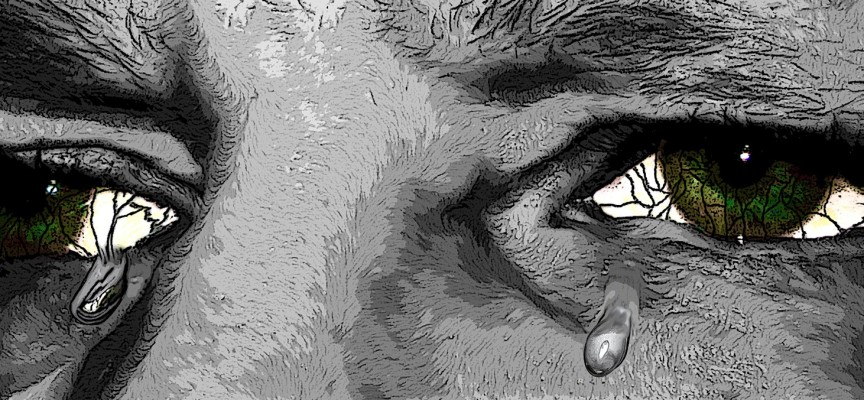
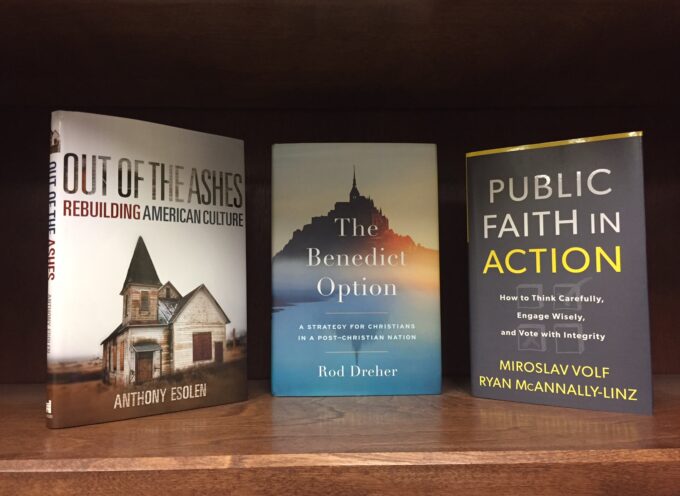
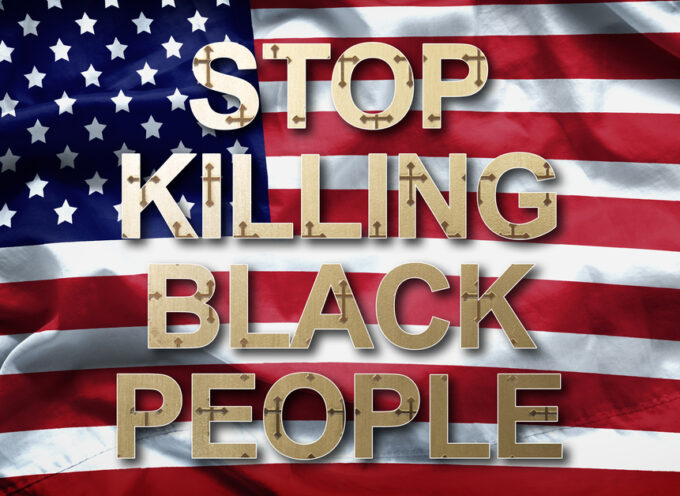
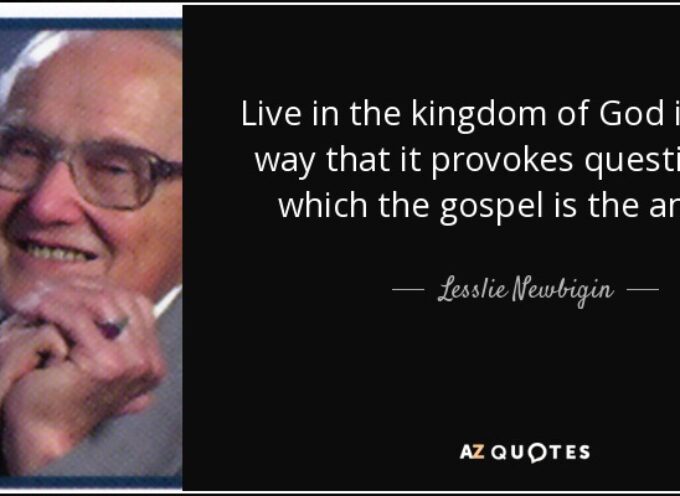


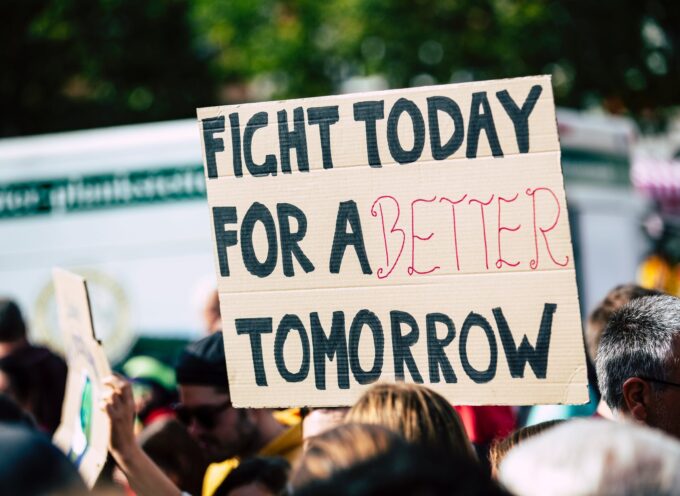
While I agree with your compassion, please check your facts. It appears Mr. Philando Castile was NOT shot by a white policemen as stated. Continuing to propagate misinformation only fuels racial distrust, puts the lives of police in jeoperdy, and lessens the value of your plea.
Second, what happens to the context of your message if the reports that Mr. Philando Castile was an armed robbery suspect are true? What if the reports that he was NOT a concealed permit holder are true? What if he was the armed robber? Would you still use this example of why “many black Americans are not only frustrated and angry but also afraid”? While watching the video of the aftermath of the shooting I realized it was the AFTERMATH and depicted nothing of the encounter prior to the shootings. A wise, discerning person would not emotionally respond to this shooting with irresponsible words or actions.
Tammy, most have responded to these shootings with peaceful demonstrations and cries for justice. Concerning compassion, it doesn’t matter if they were a criminal or not, they lost a life. We can mourn because parents and children shouldn’t be held accountable for the guilty. Concerning the accusation of being an armed robber, I have not heard this. Can you provide source material? Also, I have heard of no evidence suggesting he was not a concealed permit holder. The point of the article is to challenge all people to come to a place of unity and understanding. It might be a good idea to have a conversation with a person of color and seek some understanding.